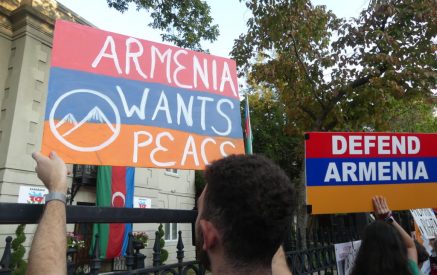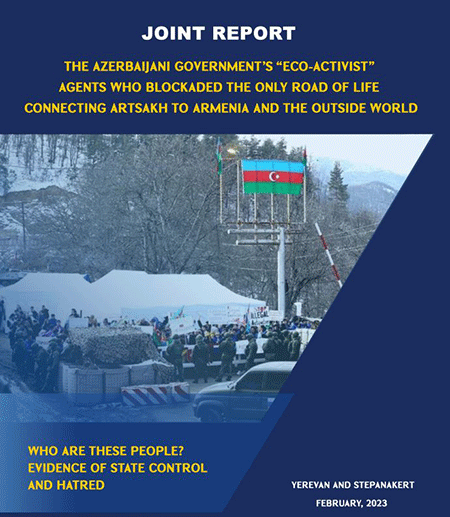by Ara Nazarian
The Grey Wolves, formally known as Ülkü Ocakları or Idealist Hearths, is a Turkish ultranationalist and neo-fascist youth organization closely affiliated with the Nationalist Movement Party (MHP). Founded in the late 1960s, the organization has become synonymous with militant nationalism in Turkey, involved in political violence and organized crime over the decades. They are named after a mythical wolf that led the Turks out of Central Asia, a symbol deeply ingrained in Turkish nationalism.
The group has been implicated in numerous acts of violence, including assassinations, massacres and bombings aimed at leftists, Kurds and other perceived enemies of Turkish nationalism. Notably, they have been accused of being involved in destabilization efforts during the political chaos of the 1970s and 1980s in Turkey, often clashing with left-wing groups and committing major human rights abuses. Their activities have not been confined to Turkey; they have also been active in several European countries with significant Turkish diaspora populations, promoting Turkish nationalist ideology and engaging in violence and intimidation against political foes.
The role of German intelligence in establishing and operating the Grey Wolves in Germany is a contentious topic.
Read also
Historically, the Grey Wolves has been linked to far-right ideologies and anti-constitutional activities, marked by its involvement in violence and organized under groups such as the Federation of Turkish Democratic Idealist Associations in Germany (ADÜTDF). This organization was established in Frankfurt in 1978 and is considered one of the largest of such umbrella organizations, symbolizing the widespread reach of the Grey Wolves in Europe.
The genesis of the Grey Wolves in Germany is deeply intertwined with geopolitical strategies during the Cold War, particularly the shared anti-communist agenda between Turkish and German state officials. In the 1970s, significant interactions, such as meetings between German politician Franz Josef Strauss and Turkish leader Alparslan Türkeş, were pivotal in shaping the group’s formation and ideology. These meetings underscored a mutual commitment to combating communism, which inadvertently facilitated the growth of the Grey Wolves in Germany as a counter-movement against left-wing Turkish and Kurdish migrants who were actively organizing worker strikes at the time.
Moreover, indirect support by German intelligence, such as providing logistical help for the establishment of organizations associated with the Grey Wolves, highlights the covert operations aimed at bolstering right-wing elements as a buffer against leftist influences within the Turkish diaspora. Over the years, this has led to accusations that the Grey Wolves engage in activities that threaten public security and constitutional integrity in Germany, leading to calls from various political corners to ban their symbols and curtail their influence.
This complex interplay between domestic policy, foreign political strategies and intelligence operations illustrates the nuanced and often controversial role of German intelligence in the socio-political dynamics of Turkish nationalist movements within Germany.





























































